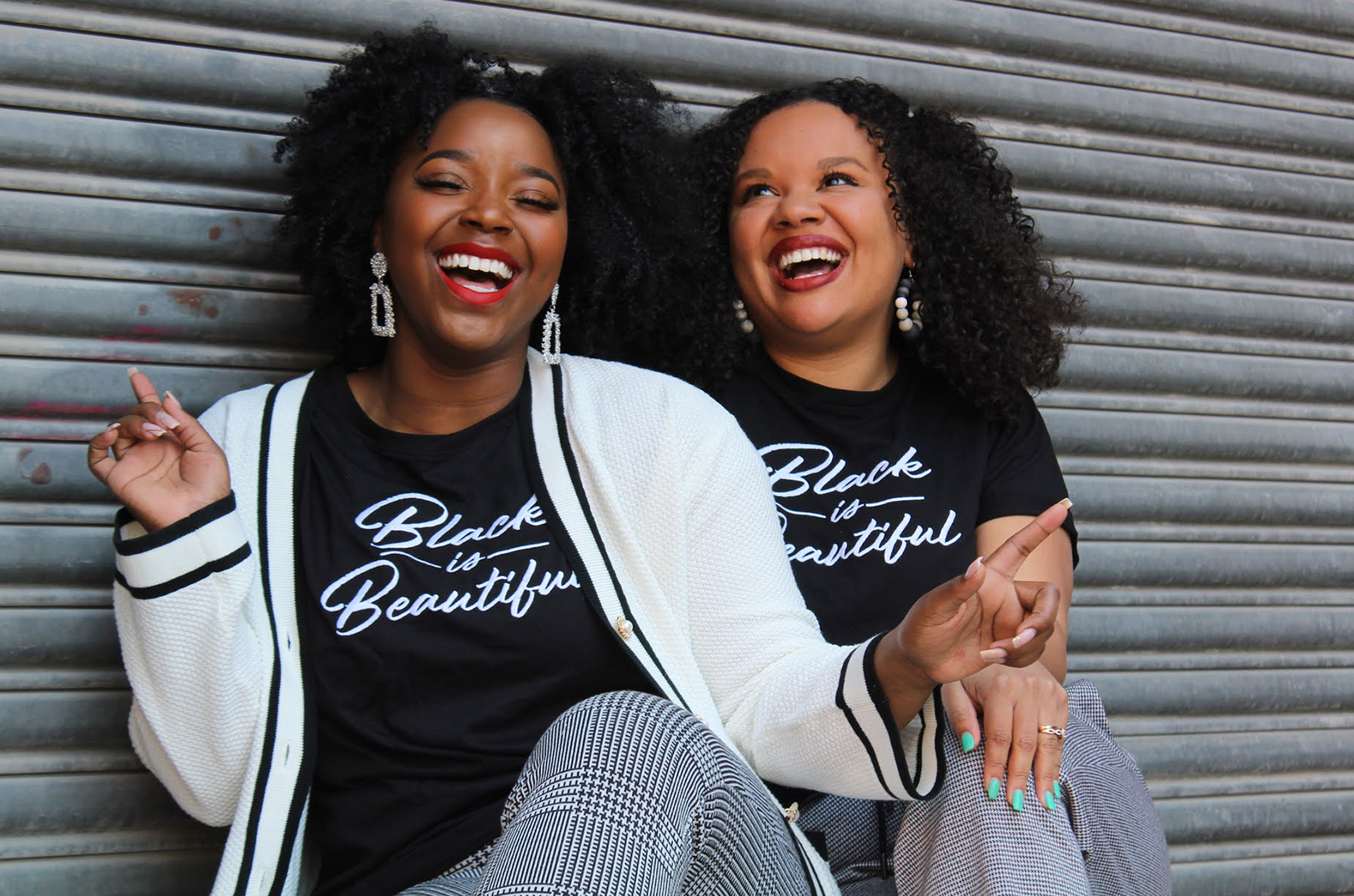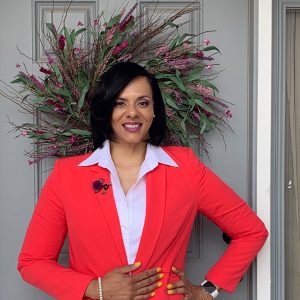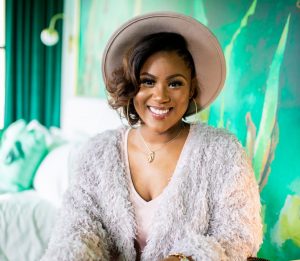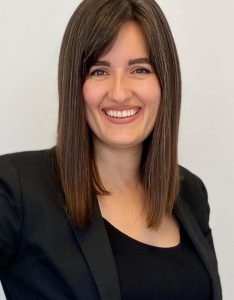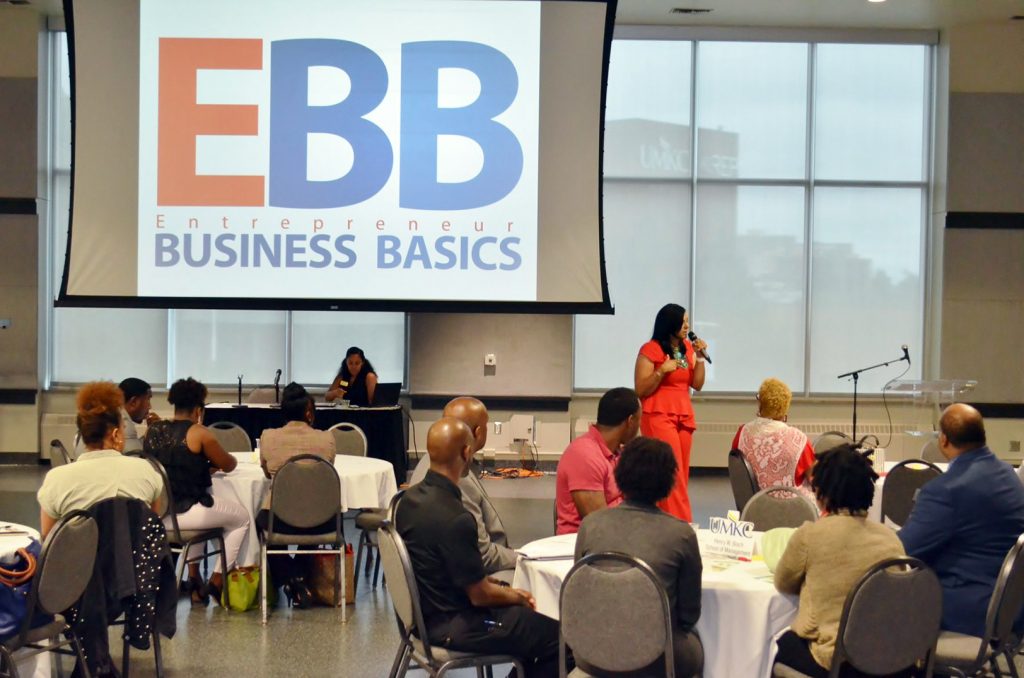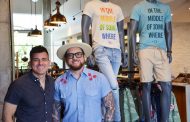As Kira Cheree drove down I-70, headed west from Kansas City to Manhattan, Kansas, she recalled the years of work that put her in the driver’s seat and behind the wheel at that particular moment.
“I started to notice this trend,” said Cheree, a serial entrepreneur, looking back on consulting work she’d done with Black founders and small business owners in the mid- to late-2000s.
“They had really great knowledge and they were experts at their skills — but they had very little technical resource knowledge. They didn’t know how to do their financials; many of them had not structured their businesses properly,” she explained. “I noticed there were some gaps there, but I wasn’t quite sure why.”
Cheree took her questions to a mentor — committed to exploring the trend further and eager to find a solution.
“I really wanted to understand why there was this gap in the knowledge base.”
After six months of dedicated research, which included a deep dive into existing entrepreneurial resources and resource-focused organizations, she found an answer.
“There was a lot of cultural incompetency, meaning the consultants and the providers in the offices weren’t really connected with my needs as an African American entrepreneur,” she explained. “There was nothing really structured besides a program here or there and there was always a lot of discouragement.”
Such revelations led Cheree to found Entrepreneur Business Basics (EBB) — an organization that trains and equips Black entrepreneurs experiencing financial inequities to start or grow businesses to sustainability by offering training courses, consulting services, and a rotating lineup of entrepreneurship development programming.
Click here to learn more about EBB or for information on plugging into its resources.
The program has made a significant impact in Kansas City’s entrepreneurial community since 2014, helping entrepreneurs like India Wells-Carter and Kayla McClellan build lasting relationships and entrepreneurial toolkits expected to help them grow their businesses well into the future.
“My entrepreneurial journey before EBB was fragmented. I — like many getting started — had ‘side hustle’ businesses that we explored out of pure passion and talent — but what was lacking was the instruction and coaching about entrepreneurship,” recalled Wells-Carter, owner of Fresh Factory KC — a “social selfie” attraction slated to launch later this year.
“I would view business content online, admire other entrepreneurs’ journey, attend 1 Million Cups here or there … but I didn’t have a cohesive, comprehensive learning environment to support my development as an entrepreneur.”
Participation in a 12-week EBB course, JUMP, changed that, she continued.
“It gave me the opportunity to think through and plan for several aspects of my business,” Wells-Carter said.
“In the words of Cardi B, ‘If it’s up, then it’s up. …’ For me, that means my business is on the launchpad ready to rocket into our Kansas City entrepreneurial ecosystem.”
The same can be said for McClellan, co-founder of Queen Vibes KC, a wellness studio specialized in group and fitness classes designed specifically for Black women and intended to promote mental, emotional, and physical fitness.
“[Before EBB, there was] a lot of daydreaming. I had so many different ideas and every time I thought about it … I thought of even more things that I could include in my business. It was turning into a carnival,” McClellan said of her entrepreneurial experience.
“I Googled a bunch of different ways I could start a dance studio with a spa and outdoor skating rink and I was so overwhelmed with terminology, financial planning, legal and accounting jargon — I was ready to give up.”
Such a feeling wasn’t due to lack of resources standing in her way; but rather an overabundance of the wrong information, McClellan continued.
“There is not room for feedback in that situation, so if you are headed in the wrong direction with your numbers or ideas, you just keep heading that way. … It’s so hard to part with ideas we have about what all the community needs and turn it into something doable. EBB helped me understand the reality of the business landscape in Kansas City and find my place in it.”
Such feedback serves as further fuel for Cheree as EBB cements its legacy in Kansas City and expands its reach into the entrepreneurial circles of Northeast Kansas, expected to launch its 12-week program in two key cities this summer.
“Manhattan and Topeka are just the first,” Cheree said of her vision for further scaling EBB, noting she and program advisors are working closely with resource providers at Network Kansas, Spark MHK, Shawnee Startups, GO Topeka, and local chambers of commerce.
“They’re already funded to serve people in that area and connect with them. … We want EBB to [help] build a better ecosystem in [these] communities,” she explained, noting she’s again committed to research that identifies what exists and what’s already working in each community — with a focus on identifying ways to fill gaps in meaningful ways that drive business growth and inspire venture creation.
A similar vision for the partnership exists for Sarah Siders, Spark MHK executive director.
“The partnership with Entrepreneur Business Basics was really strategic for us, because over the last several months Spark built a formal partnership with regional education and advocacy group, the Black Entrepreneurs of the Flint Hills,” Siders explained.
“Together we developed four shared priorities — one of which is inclusive education and resources. Piloting Entrepreneur Business Basics in the Greater Manhattan area helps us meet this important shared mission to see entrepreneurs of color build sustainable and thriving businesses throughout the region.”
Click here to learn more about Spark MHK or here for a look at the work of community builders at Black Entrepreneurs of the Flint Hills.
What might sound like a broken record to some, Cheree said, remains the greatest challenge for entrepreneurs of color — and for the partnered groups to tackle: finding and creating equitable access to capital; a problem that isn’t as one-sided as it might often appear.
“For our community as a whole, we want to make sure they understand business credit is half personal credit,” she explained. “We teach that at EBB. It doesn’t do me any good to teach you about starting your business for 12 weeks if you’re not in a position to borrow or getting in a position to save.”
Ultimately, what entrepreneurs really need to succeed is “already in their house,” Cheree said, and EBB hopes to empower entrepreneurs to unlock such tools.
“I say it all the time. It’s already there. Connecting those dots, that’s our goal,” she said.
“We can be a small part [by] filling the gap, providing the training and really supporting the African American entrepreneurs in the community.”
As conversations surrounding systemic racism, the Black Lives Matter Movement, and the police murder of George Floyd in Minnesota last spring continue to push hard truths into traditionally white entrepreneurship circles, Cheree has noted windows to equity being rolled down for Black businesses — a bittersweet sign on the side of a road to progress that she expects will continue to stretch for miles, she said.
“I have seen more collaborative and more intentional efforts by our counterparts to support us — to want to give, to want to sponsor, to want to work with us as Black business owners and Black resource providers,” Cheree said, highlighting partnerships with nbkc bank, Enterprise Bank, and Mutual of Omaha as examples of such intentional efforts that have delivered significant impact on EBB and its community of rising entrepreneurs.
“These were people who saw that injustices are real and that they have the influence — they have the money to leverage in support of communities of color,” she said optimistic for the future and confident that entrepreneurs of color — especially those in Kansas and Missouri — will be equipped to take action as an engine of opportunity revs louder.
“It’s been humbling. The other thing it’s been is a great opportunity for both sides,” Cheree said. “I believe as much as we want to say there’s no understanding, that’s not true. There are people out there on both sides of the table who truly do want to know, ‘How can I help?’”
The response often is simple, she added.
“The first thing that I tell them is speak well of me — and of the Black entrepreneur community — in my absence. When I’m not in the room, when I’m not there — when a Black person is not at the table, advocate for us,” Cheree said.
“When you have the authority to create a plan, don’t create the plan and then slide something in on the back end — include us, advocate for us. … That’s a powerful thing.”
This story is possible thanks to support from the Ewing Marion Kauffman Foundation, a private, nonpartisan foundation that works together with communities in education and entrepreneurship to create uncommon solutions and empower people to shape their futures and be successful.
For more information, visit www.kauffman.org and connect at www.twitter.com/kauffmanfdn and www.facebook.com/kauffmanfdn



